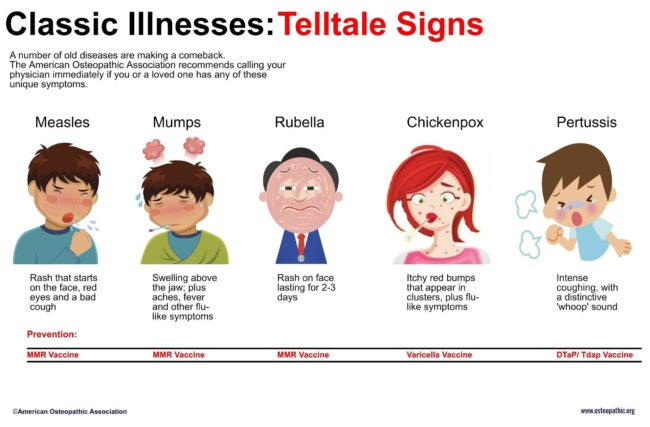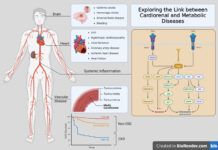Vaccination has played a significant role in safeguarding public health and preventing the spread of numerous infectious diseases. However, the recent resurgence of diseases from the past highlights the grave consequences that arise from a lack of vaccination.
Several factors contribute to the low vaccination rates. One significant factor is vaccine fear, led by misinformation and misconceptions surrounding their safety and effectiveness. The rise of social media and the internet has given a voice to an anti-vaccine movement which created skepticism and doubt among segments of the population. Another factor is the lack of fear of diseases that have been effectively controlled. For example, people nowadays do not fear HIV as much as they did in the 70s. That is because we know more about it now and there are treatments available that make it less deadly. Because of that, measures of protection against the disease are sometimes forgotten by more recent generations. As much as this is normal human behavior, individuals and authorities need to spread information about the dangers of diseases from the past.
Additionally, accessibility issues and lack of education have always contributed to the decline in vaccination rates. This is mainly the case in underdeveloped countries where organizations like the United Nations and the World Health Organization are taking action to promote vaccination but sometimes face the challenge of insufficient funds or a lack of adherence from the population.
The consequences of inadequate vaccination are evident in the reemergence of diseases once considered under control. Measles, for instance, which had seen a drastic reduction in cases, has made a disconcerting comeback in various parts of the world. Similarly, pertussis (whooping cough), mumps, and rubella have reappeared in communities where vaccination rates have fallen. These preventable diseases have the potential to cause severe illness, long-term complications, and even fatalities, particularly among vulnerable populations such as infants, the elderly, and any individual with compromised immune systems.

Widespread vaccination remains a vital tool in combating the resurgence of diseases from the past. Vaccines not only protect individuals but also contribute to the collective immunity that protects vulnerable members of society who cannot receive vaccines. Achieving and maintaining high vaccination rates are crucial to prevent outbreaks and protect the most vulnerable individuals within communities. Public health authorities and medical professionals should actively engage with the public, addressing concerns, combating misinformation, and promoting the proven safety and efficacy of vaccines. Accessible vaccination programs, education campaigns, and initiatives to counter the misbelief around vaccines are essential to restore confidence in immunization.
By Marina Figueredo & Luis D’Marco










